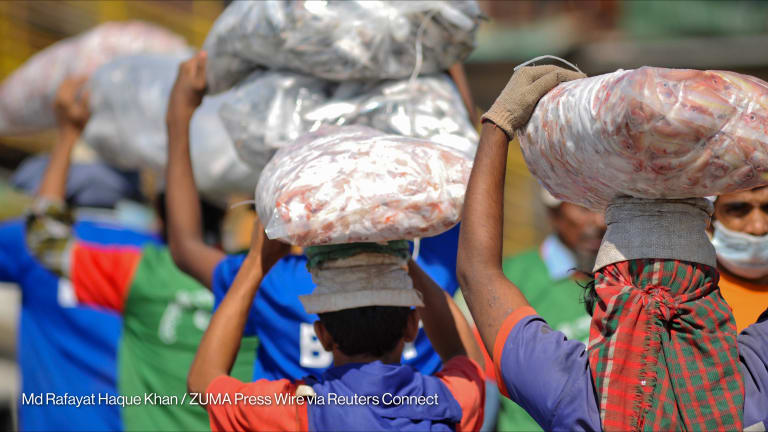Living and working in Kenya for the Rockefeller Foundation, and specifically on food security and rural economic development, the reality of food loss and waste is all too familiar. It is the shared reality of millions — the 70 percent of Africans drawing their livelihoods from agriculture and producing 80 percent of food in Africa.
This reality is embodied by Sella, whom I met a few months ago. Shortly after a recent harvest, Sella, a smallholder potato farmer in Kenya, was offered a low price for her potatoes. She refused the offer hoping to get a better price. Hope was her strategy and prayer as she had no alternative market or buyer identified. She lives harvest to harvest and, lacking market information, often finds herself with crops but not buyers. Further, because she relies on rain-fed production, she markets her crops at the same time as many other small scale producers, resulting in gluts and undercutting.
At times, prices may be so low that the crops aren’t worth the labor needed for harvesting them. Sella’s crops rot and she and her family go hungry. Sella has limited knowledge of and access to handling, processing and storage technologies, besides lacking the capital to acquire them. She view’s the losses — of her time, labor, seeds and fertilizer — as inevitable and a “cost of doing business.” As dire as her circumstances are, the worst part is that they aren’t hers alone. Sella’s reality is the sad reality of approximately 500 million small scale farmers worldwide, those who produce up to 80 percent of the food consumed in a large part of the developing world.








